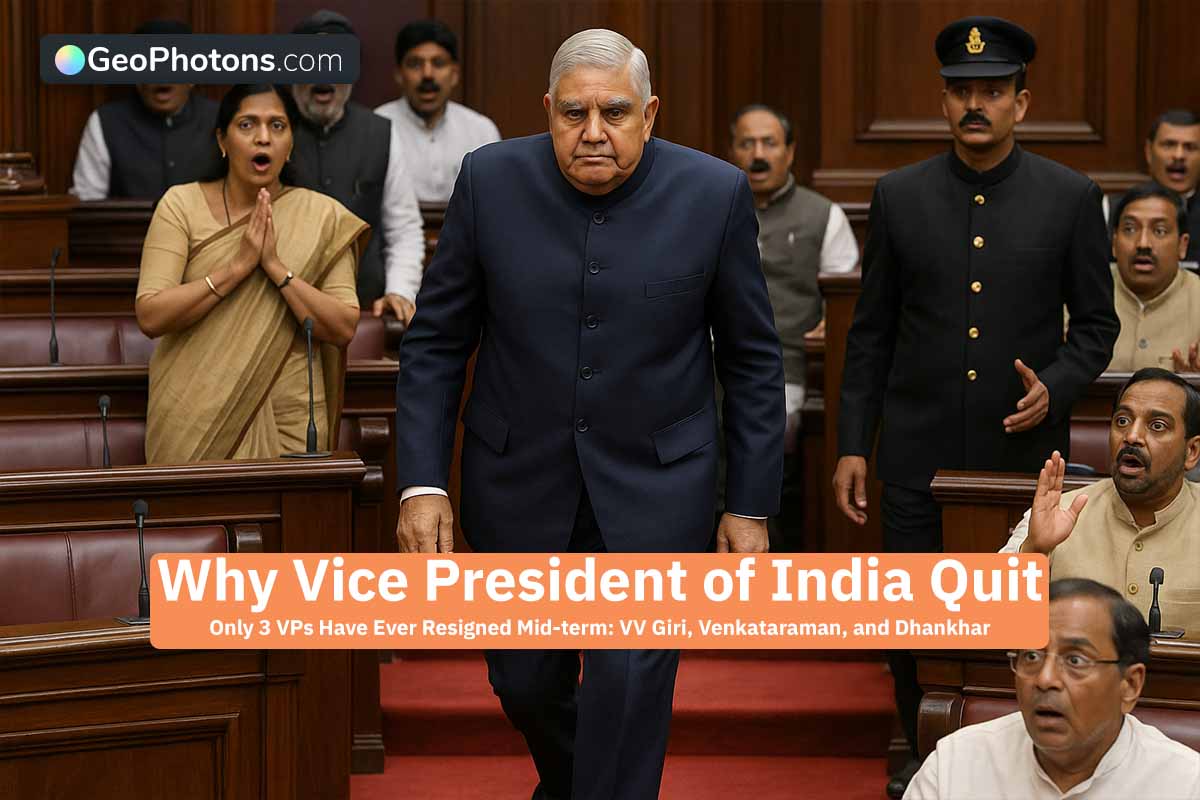5 Major Decisions India Took After Pahalgam Attack
In the aftermath of the devastating terrorist attack in Pahalgam, Jammu and Kashmir, on April 22, 2025, which claimed the lives of 26 civilians, the Government of India implemented a series of decisive measures aimed at bolstering national security and conveying a strong message against terrorism. These actions encompassed diplomatic, strategic, and security domains, reflecting India’s firm stance on countering terrorism.
1. Suspension of the Indus Waters Treaty
On April 23, 2025, India announced the suspension of the Indus Waters Treaty (IWT), a water-sharing agreement signed with Pakistan in 1960. External Affairs Minister S. Jaishankar stated that the treaty would remain in abeyance until Pakistan ceases its support for cross-border terrorism . This move was aimed at exerting diplomatic pressure on Pakistan, linking cooperative agreements to its actions on terrorism.
In conjunction with the suspension, India initiated plans to enhance its utilization of the Indus river system, which is primarily allocated to Pakistan under the treaty. Projects include expanding infrastructure on the Indus, Chenab, and Jhelum rivers, such as doubling the length of the Ranbir canal to divert more water . These initiatives signify a strategic shift in India’s approach to water resource management in the context of its relationship with Pakistan.
2. Closure of the Wagah-Attari Border
In a significant diplomatic move, India closed the Wagah-Attari border, the sole road crossing between India and Pakistan. This action halted limited trade and civilian movement between the two countries, intensifying economic and diplomatic pressure on Pakistan. The closure underscored India’s resolve to respond firmly to acts of terrorism and to reassess bilateral engagements in light of security concerns.
3. Visa Restrictions for Pakistani Nationals
The Indian government suspended all visa services for Pakistani nationals with immediate effect following the Pahalgam attack. All existing valid visas issued to Pakistani citizens were revoked, effective April 27, 2025, with medical visas remaining valid only until April 29, 2025 . This measure aimed to address national security concerns and to signal India’s stringent stance on terrorism.
Additionally, India imposed strict visa and travel restrictions on Pakistani nationals involved in arts and entertainment, ordering several to leave the country. These actions reflect a broader strategy to curtail cultural and professional exchanges in response to perceived antagonism or silence in the face of terrorism.
4. Permanent Deployment of Security Forces
In response to the Pahalgam attack, the Indian government decided to permanently deploy military and paramilitary forces in sensitive areas of Jammu and Kashmir, particularly along the Amarnath Yatra route. The Amarnath Yatra, a significant annual pilgrimage, sees substantial civilian movement, necessitating enhanced security measures. The deployment aims to ensure foolproof security for pilgrims and locals, thereby reducing the likelihood of future attacks.
Security agencies are also planning to readjust the deployment of troops to be based closer to vulnerable areas, such as the Baisaran Valley, to monitor and counter potential terrorist movements effectively.
5. Reduction in Diplomatic Ties
India downgraded diplomatic relations with Pakistan by expelling military advisors from the Pakistani High Commission and reducing the number of Indian officials in Islamabad. This step was part of India’s broader strategy to isolate Pakistan at the international level and to convey a strong reaction to terrorism .
Furthermore, India has strengthened its efforts to officially designate The Resistance Front (TRF), the group responsible for the Pahalgam attack, as a terrorist organization under the United Nations Security Council’s 1267 sanctions list. By submitting concrete evidence to UN officials, India aims to increase international pressure on the group and disrupt its operations through global counter-terrorism measures.
Conclusion
The measures undertaken by the Indian government following the Pahalgam terrorist attack reflect a comprehensive approach to national security, encompassing diplomatic, strategic, and security dimensions. By suspending the Indus Waters Treaty, closing the Wagah-Attari border, imposing visa restrictions, deploying security forces, and reducing diplomatic ties, India has demonstrated its firm resolve to confront terrorism and safeguard its national interests. These actions also serve to convey a clear message to the international community regarding India’s zero-tolerance policy towards terrorism and its commitment to ensuring the safety and security of its citizens.
Share this content:














Post Comment